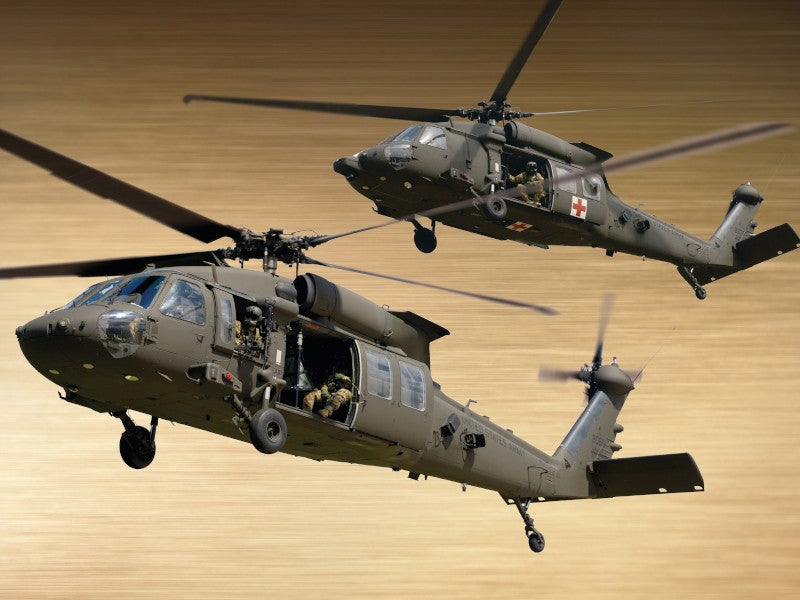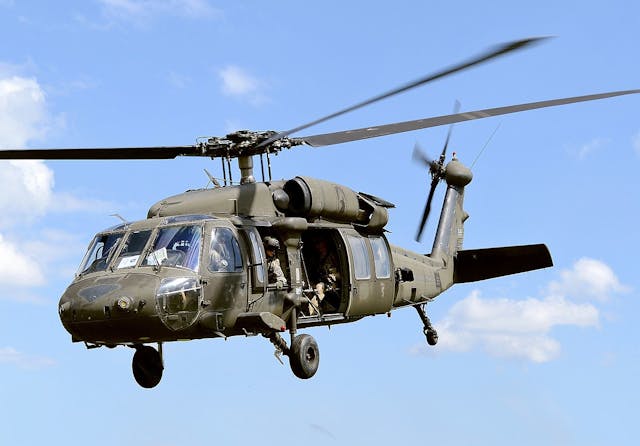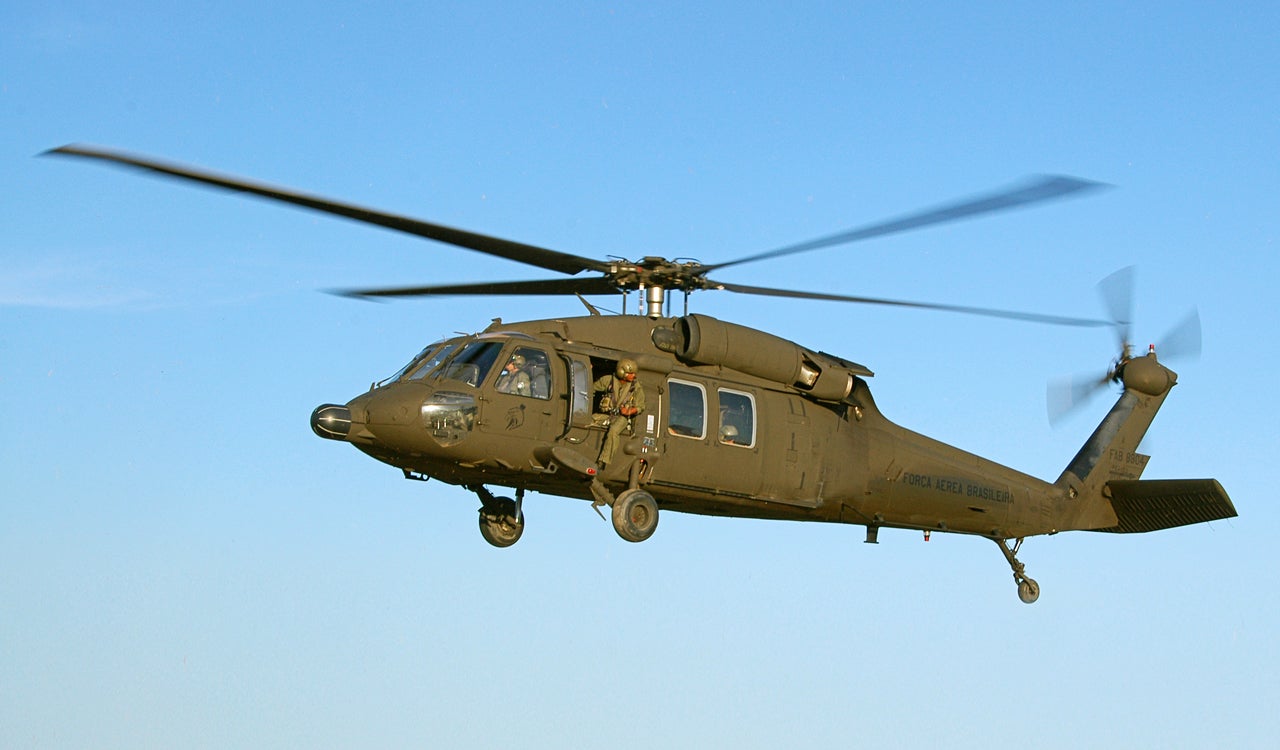UH 60 Black Hawk Helicopter Versions and Their Uses
UH 60 Black Hawk Helicopter Versions and Their Uses
Blog Article
The Influence of Lasting Practices on the Future of Airplane Procedures and Emissions Reduction
As the aviation industry encounters enhancing examination over its environmental influence, the adoption of sustainable techniques arises as an essential path toward future airplane procedures and discharges decrease. Advancements in lasting air travel gas and developments in hybrid propulsion modern technologies stand at the center of this change, appealing significant reductions in greenhouse gas exhausts.

Review of Sustainable Practices
Sustainable methods in aircraft operations include a variety of approaches focused on minimizing environmental impact while keeping operational efficiency. These methods are important in the aviation sector's dedication to lessening its carbon impact and sticking to international environmental standards. Key initiatives consist of enhancing trip courses to decrease fuel usage, boosting upkeep procedures to guarantee airplane operate at peak efficiency, and executing sophisticated innovations such as winglets and light-weight products that boost the rules of aerodynamics.

Educating and engaging personnel on sustainability techniques additionally play an essential duty, fostering a society of ecological obligation within companies. On the whole, the integration of these sustainable methods not only helps in reducing discharges but likewise enhances the lasting practicality of the aeronautics market, guaranteeing it satisfies the demands of both customers and regulatory bodies while adding to global sustainability goals.
Ingenious Fuel Alternatives
Many innovative gas options are becoming crucial solutions to decrease the air travel industry's dependence on conventional nonrenewable fuel sources. Amongst these alternatives, Sustainable Aviation Gas (SAFs) have actually gained significant interest because of their prospective to reduce lifecycle greenhouse gas exhausts by as much as 80% contrasted to standard jet fuels. SAFs are originated from numerous feedstocks, consisting of waste oils, farming residues, and also algae, making them a versatile option for the market.
Another appealing alternative is hydrogen fuel, which, when utilized in fuel cells, produces only water vapor as a result. This zero-emission prospective presents a significant chance for decarbonizing trip operations, specifically for short-haul trips and regional airplane. In addition, electric propulsion systems are being discovered, leveraging battery innovation to power airplane. While existing battery capacity restrictions array and payload, continuous innovations may quickly provide electrical trips practical for certain applications - uh 60.
Lastly, biofuels originated from biomass are being investigated, offering a sustainable choice that can be blended with traditional fuels. Collectively, these cutting-edge fuel alternatives stand for a crucial action toward accomplishing a lasting aeronautics environment, lining up with international emissions decrease targets and boosting the industry's environmental stewardship.
Technological Improvements in Air Travel

Exactly how can technological innovations reshape the future of aeronautics? The combination of innovative technologies is pivotal in changing airplane operations, enhancing efficiency, and decreasing emissions. Advancements such as electric and hybrid propulsion systems are at the center, promising substantial decreases in gas intake and greenhouse gas discharges. These systems leverage advancements in battery innovation and power monitoring, enabling aircraft to operate with a lower environmental footprint.
In addition, the application of innovative materials, such as lightweight compounds, adds to boosted the rules of aerodynamics and fuel efficiency. The usage of expert system and artificial intelligence in trip operations optimizes path planning and lowers fuel melt by allowing real-time changes based on weather and traffic conditions. In addition, the growth of self-governing and remotely piloted aircraft systems stands to revolutionize freight and traveler transportation, potentially raising efficiency while minimizing human error.
Additionally, lasting aviation modern published here technologies, consisting of sophisticated air website traffic management systems, can reduce and streamline procedures blockage, bring about reduced discharges during trip. These improvements jointly represent a paradigm change in aeronautics, assuring a future where sustainability and functional efficiency are linked, thereby sustaining the market's dedication to lowering its ecological influence.

Regulative Framework and Conformity
In light of the growing focus on ecological stewardship within the aviation sector, the governing framework controling airplane operations is advancing to advertise sustainable techniques. Regulatory bodies, such as the International Civil Air Travel Company (ICAO) and numerous nationwide aviation authorities, are presenting rigorous standards aimed at reducing exhausts and enhancing operational efficiency.
These policies usually include the fostering of Sustainable Air travel Gas (SAF), which has been identified as an essential component in attaining reduced carbon impacts. Furthermore, compliance with these guidelines needs airline companies to carry out operational techniques and sophisticated innovations, such as enhanced trip paths and improved air traffic management, to reduce fuel usage.
In addition, the enforcement of discharges trading systems and carbon offsetting efforts is ending up being increasingly widespread, compelling airlines to monitor and report their exhausts precisely. Non-compliance can cause significant fines, therefore pressing drivers to focus on sustainability in their business designs.
Eventually, the advancing regulatory landscape not just drives innovation and financial investment in green modern technologies but additionally promotes a culture of liability within the aeronautics market. As these structures remain to create, the emphasis on lasting methods will certainly be integral to achieving the field's long-lasting environmental objectives.
Future Patterns in Airplane Operations
As the air travel sector adapts to an increasingly rigorous regulatory setting, future fads in airplane operations are established to focus on ingenious remedies that further enhance sustainability and effectiveness - uh 60. Secret advancements will likely include the adoption of innovative air web traffic monitoring systems, which utilize real-time information and expert system to enhance trip paths, lowering fuel consumption and exhausts
One more significant pattern is the raised integration of sustainable aeronautics fuels (SAFs) These choices to traditional jet fuel, originated from eco-friendly sources, can substantially reduce lifecycle greenhouse gas exhausts. The sector's dedication to SAFs will likely speed up as airlines team up with fuel manufacturers to make certain accessibility and cost-effectiveness.
Furthermore, the press towards electrification and crossbreed propulsion systems is getting energy. Emerging aircraft designs will include these modern technologies, supplying quieter read more and much more effective procedures, particularly for short-haul flights.
Verdict
The adoption of lasting aeronautics gas, combined with advancements in hybrid and electrical propulsion systems, is important for decreasing go right here lifecycle greenhouse gas exhausts. Optimizing trip paths and embracing cutting-edge technologies contribute to a quieter and a lot more ecologically pleasant aviation industry.
Advancements in lasting air travel gas and advancements in crossbreed propulsion modern technologies stand at the center of this makeover, encouraging considerable reductions in greenhouse gas discharges.Many innovative gas alternatives are emerging as essential services to lower the aviation industry's reliance on traditional fossil fuels - uh 60. Among these options, Sustainable Aeronautics Fuels (SAFs) have actually gained substantial attention due to their prospective to lower lifecycle greenhouse gas discharges by up to 80% contrasted to conventional jet gas.An additional significant pattern is the raised integration of sustainable aeronautics fuels (SAFs) The fostering of lasting air travel gas, combined with developments in electrical and hybrid propulsion systems, is essential for decreasing lifecycle greenhouse gas emissions
Report this page